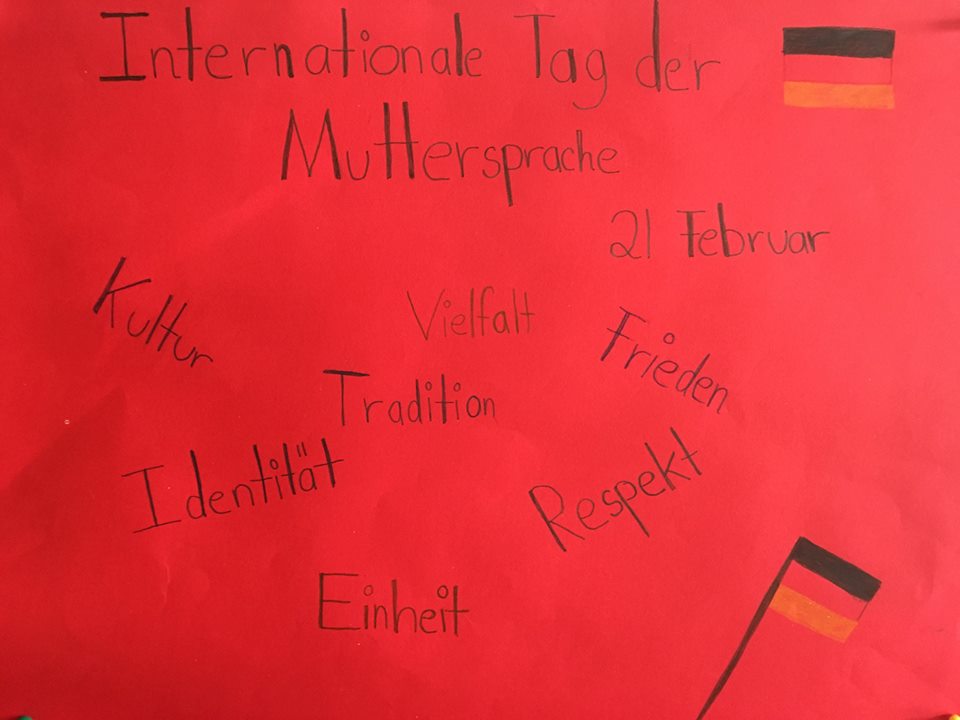
In many ISB families, the parents speak different native languages. Both hope their children will learn both. But what if one parent works late or travels frequently? Can the other parent help the children learn both languages? Yes!
Yale linguist Claire Bowern writes that it is OK to speak in your spouse’s language sometimes, even if you do not speak it perfectly. Research shows that “kids who are exposed to early language from non-native speakers usually grow up to be full speakers of that language.”
Bowern adds, “The main thing children need is not so much a highly accurate linguistic role model, but rather several people to speak it with, and one strong way to do that is for the non-native speaker parent to speak the language too.”
Rita Rosenback, author of Bringing Up a Bilingual Child, writes that consistency in using your native language with children is most important when you are their main source of the language: “the general rule is that the less exposure a child has to a language, the greater the need is for the person [parent] to be consistent with the language use.” (So, for an ISB family with a German mom who travels and a Thai dad who stays home, the mother can help by being consistent with German, but the Thai dad may sometimes switch to German—because the kids get lots of exposure to Thai in Thailand.)
Chontelle Bonfiglio, creator of the website Bilingual Kidspot, has even posted about how a single parent can teach a child two languages!
ISB encourages families to make a language plan. If you would like ideas for supporting a spouse’s language in your plan, please get in touch:
nativelanguage@isb.ac.th


February 27, 2018 at 9:06 am
Thanks for the topic, very interesting and important ! We have a lot families with that issue !
And thanks for the link to the page of Chontelle Bonfiglio. Might be really helpful for those who are struggeling with more than one language !
April 12, 2018 at 4:30 am
This article by a scholar at Thammasat University, on strategies for teaching English in Thai families that cannot afford international school, also offers practical suggestions for families in which spouses hope to support a language not their own.
http://www.culi.chula.ac.th/publicationsonline/files/article2/mcfEro8LsHSat110046.pdf